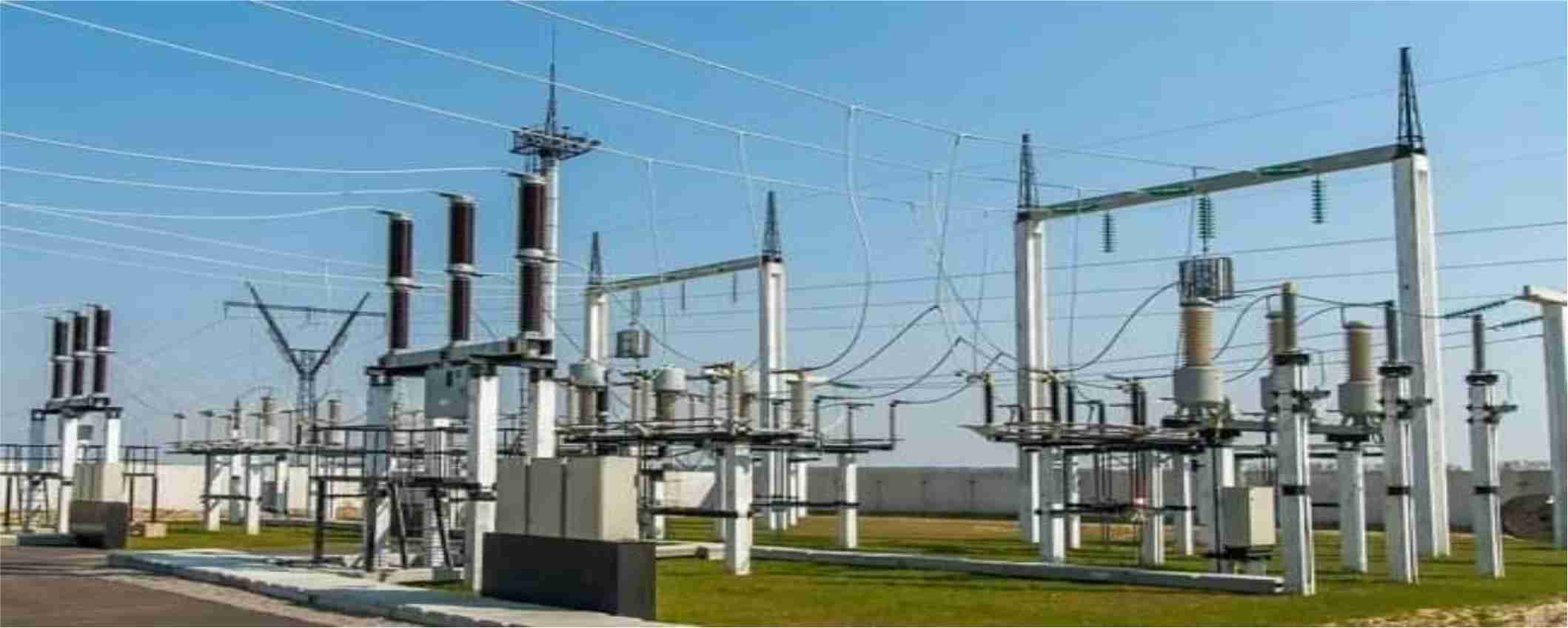The Transmission Company of Nigeria (TCN) stands as a pivotal entity in the nation’s power sector, ensuring the seamless transmission of electricity from generation companies to distribution networks. Established in 2005, TCN emerged from the defunct National Electric Power Authority (NEPA) and has since been instrumental in the country’s quest for a stable and efficient power supply.
TCN was incorporated in November 2005 following the unbundling of the Power Holding Company of Nigeria (PHCN) into 18 successor companies. This strategic move, backed by the Electric Power Sector Reform Act, aimed to enhance efficiency and service delivery in the power sector. TCN was granted its transmission license by the Nigerian Electricity Regulatory Commission (NERC) in 2006, marking the beginning of its journey as a key player in Nigeria’s electricity supply chain.
The core mandate of TCN is to transmit electricity in the most efficient and effective manner. This involves the development, maintenance, and expansion of Nigeria’s transmission infrastructure, including high voltage cables, towers, and transformers. TCN operates under two main licenses: transmission service provision and independent system operation.
Over the years, TCN has embarked on numerous projects aimed at improving the reliability and capacity of the national grid. Some notable achievements include:
Grid Expansion Projects: TCN has been actively involved in expanding the national grid to accommodate increasing power generation and distribution needs. This includes the construction of new transmission lines and substations across the country.
Rehabilitation and Upgrade Initiatives: To enhance the efficiency of existing infrastructure, TCN has undertaken several rehabilitation projects. These efforts have significantly reduced transmission losses and improved the overall stability of the grid.
Regional Power Integration: As a member of the West African Power Pool (WAPP), TCN plays a crucial role in regional power integration. The company facilitates the transmission of electricity to neighboring countries such as Niger, Benin, and Togo, promoting energy security and cooperation within the ECOWAS region.
Despite its achievements, TCN faces several challenges, including aging infrastructure, funding constraints, and occasional vandalism of transmission assets. However, the company remains committed to overcoming these obstacles through strategic partnerships, technological innovation, and continuous capacity building.
Looking ahead, TCN aims to further modernize its operations, enhance grid reliability, and support Nigeria’s industrialization goals. The company’s vision is to become one of the leading electricity transmission companies globally, contributing to the nation’s economic growth and development.
The Transmission Company of Nigeria is a cornerstone of the country’s power sector, playing a vital role in ensuring the efficient transmission of electricity. Through its dedicated efforts and strategic initiatives, TCN continues to drive progress and innovation, powering Nigeria towards a brighter and more sustainable future.



